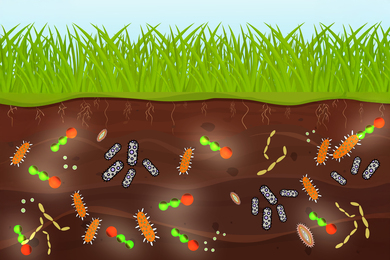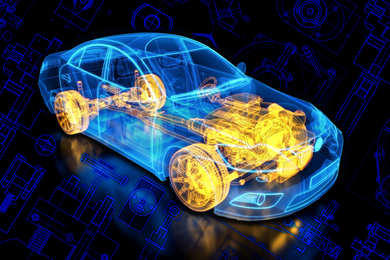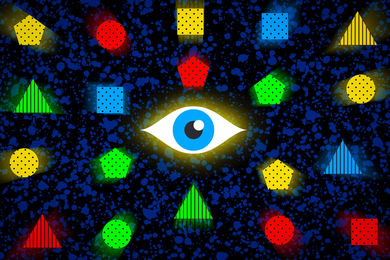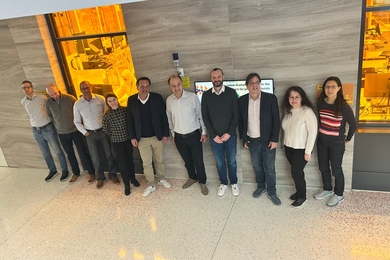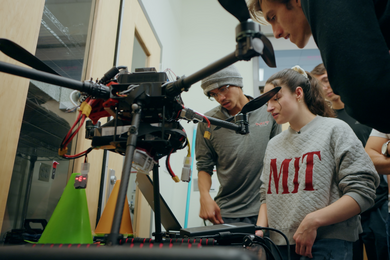How does the human mind exist within the brain? How do we learn? How do we remember -- and why do we forget? What does it mean to be creative? And how do three pounds of tightly folded tissue unfold the meaning of a sonnet, solve a differential equation, design a jet engine, make your feet do the Lindy Hop?
Today, thanks to an important new technology called Functional Magnetic Resonance Imaging (fMRI), for the first time in history we can actually observe the brain at work, from the inside, in extraordinary detail, in real time. Fifty years ago, the frontier of biology shifted from the level of the organism to the level of the molecule, and the result was the genetic revolution. Coupled with advanced new techniques for genetic manipulation -- some of them pioneered at MIT -- fMRI promises the same kind of revolution in the study of the brain.
Modern neuroscience exists at the busy intersection of an extraordinary number of fields, from cognitive science, linguistics, and biology to computer science, artificial intelligence, physics, chemistry, and even mechanical engineering. With 10 billion neurons, each one communicating with 1,000 others, the human brain is a supremely "interdisciplinary" institution. And so it is with MIT: the "synapses" among us have always been where the action is - the campus as hippocampus! -- and fostering those intellectual networks will be critical to advancing the neuroscience frontier.
One day, we can expect revolutionary treatments for devastating mental and emotional disorders like depression, schizophrenia, and Alzheimer's -- and perhaps one day, even practical ways to prevent them. MIT researchers are already proposing new ways to help stroke victims master basic motor skills again. We may be just a few years away from a handheld device that does the work of a seeing-eye dog -- though probably not as affectionately. And on a distant horizon lie other breakthroughs, ones that should be of particular interest to an institution in the business of education: The more we learn about how we learn, the better we'll be able to teach.
"Here's a paradox: I'm not a very good chess player, so I'm very conscious of the choices I make on the board. On the other hand, I'm completely unconscious of what I do in picking up a cup of coffee from a cluttered kitchen table. Ironically, we have machines that can beat even the best chess players -- but we don't have any robot even close to picking up that cup of coffee. They lack the visual-motor coordination, the ability to recognize objects, the ability to take a cup without dropping it." -- Professor Tomaso Poggio, Brain and Cognitive Sciences
From : "The Campaign for MIT: Calculated Risks, Creative Revolutions"
